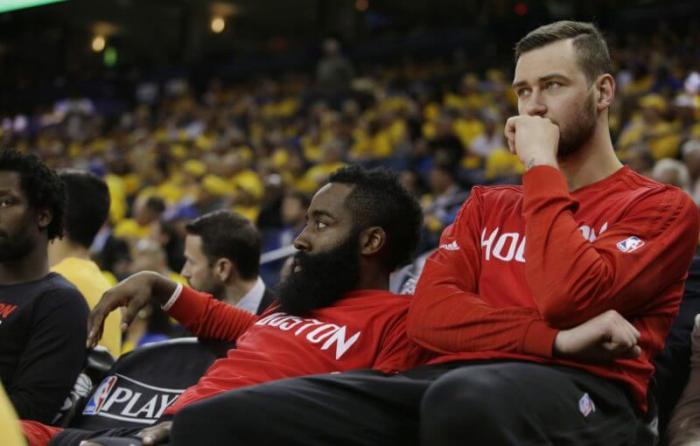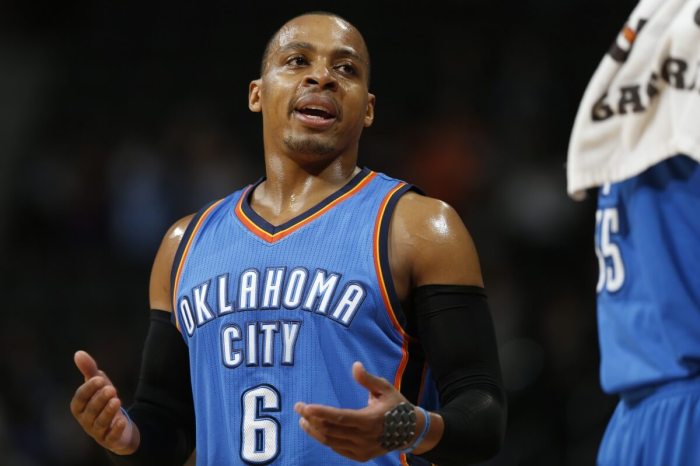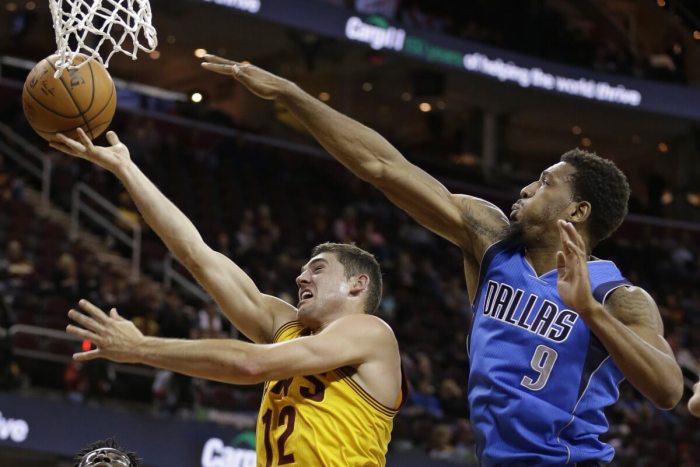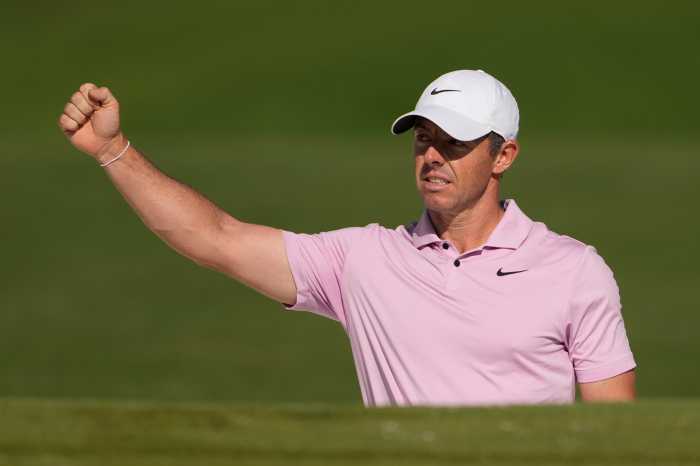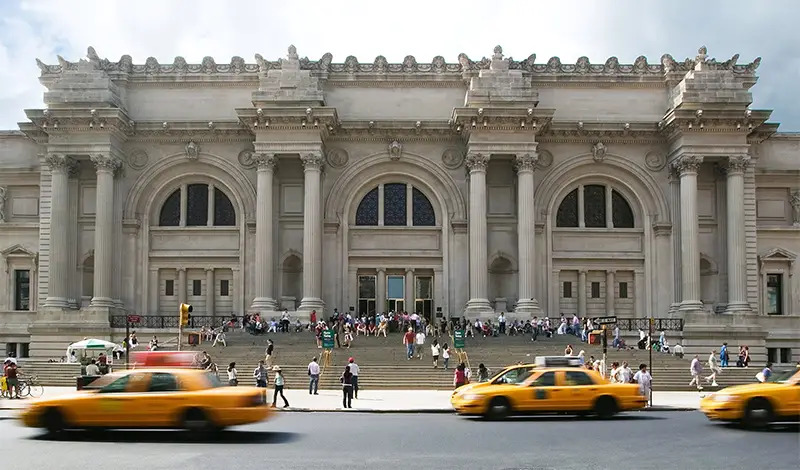Season Stats:
39 G, 5 GS, 21.3 MPG, 10.4 PPG, 1.6 RPG, 3.3 APG, 0.6 SPG, 0.1 BPG, .554 eFG%, .592 TS%, 17.6 PER, 11.8% PIE
Preseason Outlook:
In Farmar’s case, I don’t think his role will differ too much from what he was doing in the previous season. He’ll be the stronghold for Deron Williams off the bench, and he’ll defend when needed. I anticipate that he’ll stay in the 20-minutes-per-game realm, and likely score between seven and nine points a game. Count on his field-goal percentage being its typical 40% self. I don’t anticipate him becoming a feature player offensively, but his defense and ability to run sets as a playmaker give him a great advantage when it comes to getting playing time.
Evaluation
This was sort of a “bizarro” version of Jordan Farmar in 2011-12. After being the reliable fill-in for two injury-prone PGs in Devin Harris and Deron Williams a year before, Farmar became the injury prone PG himself, lasting a little more than half the season, playing 39 games.
The start of the season was a bit auspicious, as Farmar had seemingly played himself into Avery Johnson’s doghouse, with the bulk of the back-up PG minutes going to Sundiata Gaines and Johnson talking cryptically about Gaines’ “energy.” Then of course, reality sunk in that, for all of Farmar’s flaws, he’s at least a significantly better NBA player than Sundiata, who looked more like the career D-Leaguer he always was prior to the end of last season. But this post isn’t about Sundiata.
Though there’s a bit of a “small sample size” caveat to consider, Farmar was on pace for a career best season before injuries brought it to an abrupt end. He had put up a career-high in points, points per 36 minutes, PER, true shooting percentage, eFG%, and three-point shooting. While his assist ratio wasn’t as high as the season before (29.0 versus 34.9), it was still quite good considering what an offensive powerhouse Farmar had become.
It brings up an interesting situation for the Nets to consider heading into Brooklyn. Before the season began, Farmar, who has a player option for 2012-13, seemed destined to be traded in some fashion in order to free up salary cap space. Based on performance alone, Farmar’s salary for next year now seems like a bargain. So does Farmar opt-out and try and get a better long-term deal on the open market? And if the Nets lose Deron Williams in free agency, is Farmar a suitable fill-in in a more prominent role?
Final Grade:














